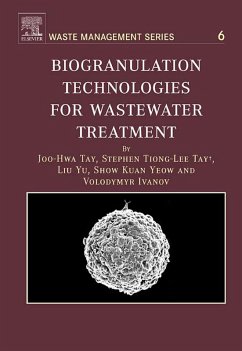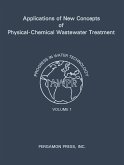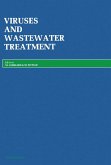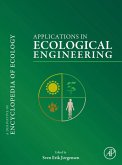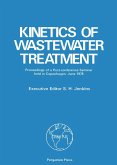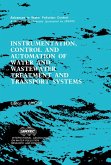The book covers almost all aspects of formation and use of microbial granules in wastewater treatment. The data on aerobic microbial granulation are related mostly to laboratory systems due to few pilot systems in the world using aerobic microbial granules. However, by the analogy with anaerobic granulation, which is now used worldwide, it is possible to predict wide applications of aerobic granulation. This book will help researchers and engineers develop these new biotechnologies of wastewater treatment based on aerobic granulation.
- Covers all aspects of formation, organization, and use of microbial granules in wastewater treatment
- Integrates engineering, microbiology, and biotechnology of microbial granules
- Comprises of deep fundamental data as well as practical information for applications of microbial granules in wastewater treatment
Dieser Download kann aus rechtlichen Gründen nur mit Rechnungsadresse in A, B, BG, CY, CZ, D, DK, EW, E, FIN, F, GR, HR, H, IRL, I, LT, L, LR, M, NL, PL, P, R, S, SLO, SK ausgeliefert werden.

